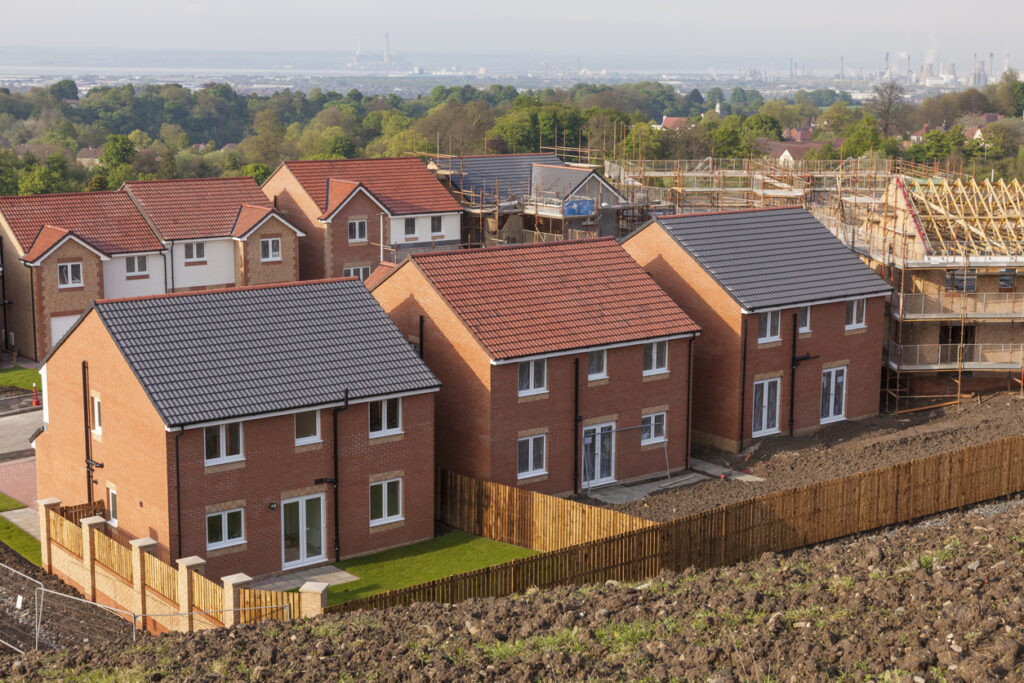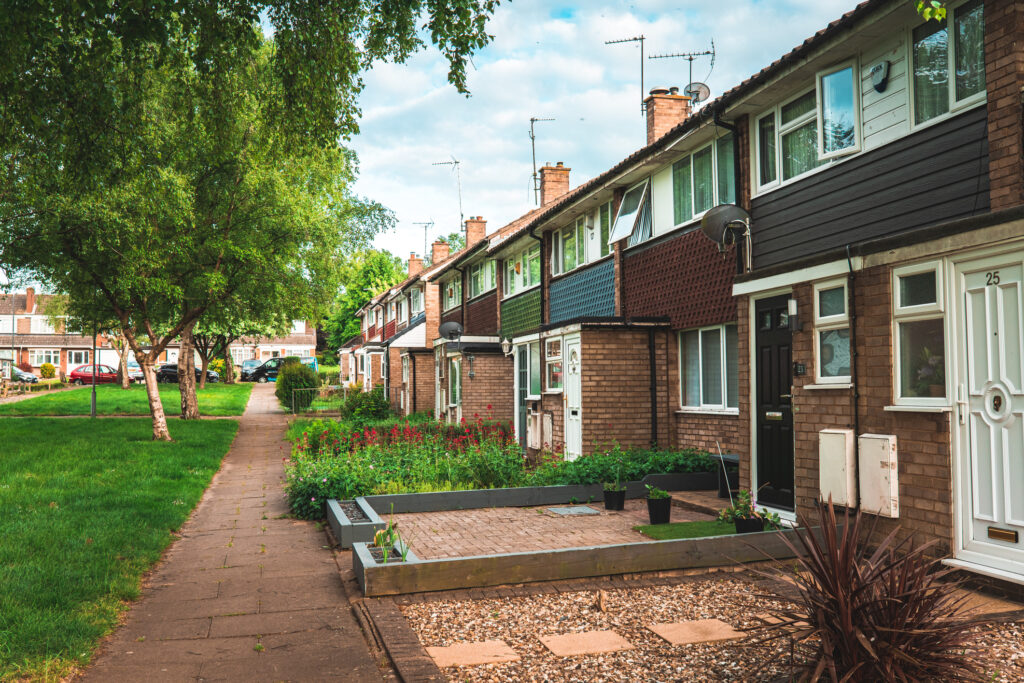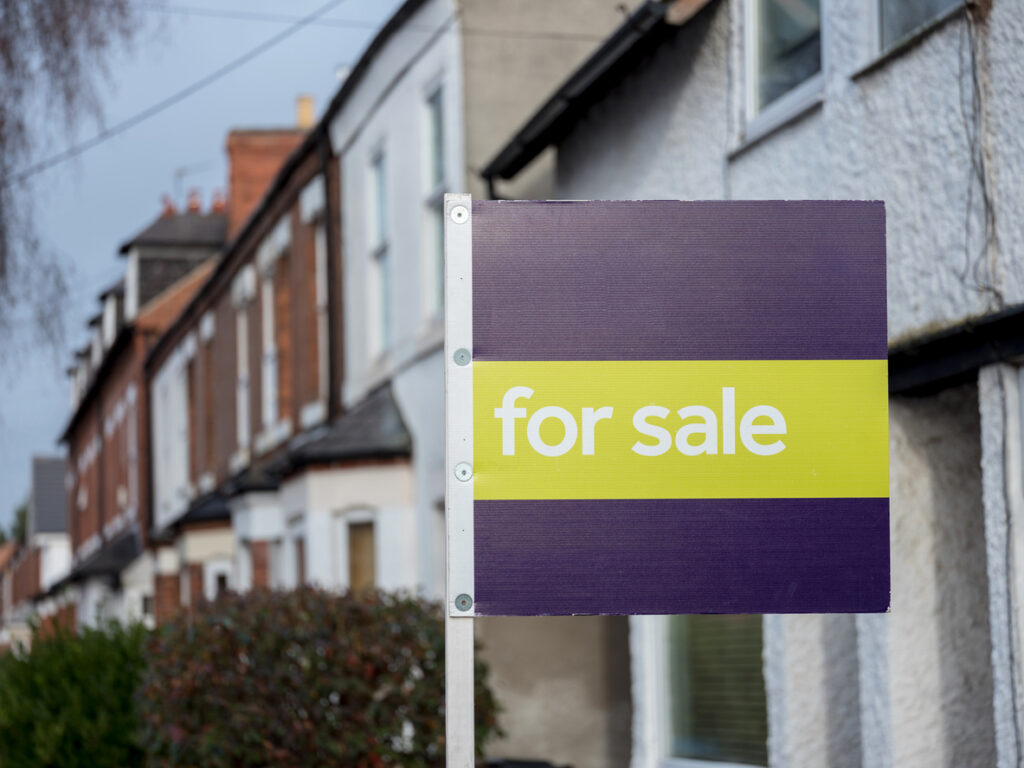Labour have made a flurry of commitments and statements regarding the housing crisis recently, but some of the deputy PMs latest comments about penalising house builders for delaying the delivery of new homes is unjust.
While the enthusiasm to tackle the housing crisis is welcome (if not, overdue) the suggestion of punishment-based mechanisms overlooks the complex and very real reasons homes aren’t being built at pace.
What is the real obstacle to housing delivery?
It’s important to remember that house builders are for-profit organisations, not charities, and their business models are driven by supply and demand. Delays in construction aren’t rooted in corporate greed or land hoarding, they stem from a range of challenges that government policy must address if it truly wants to unlock housing delivery.
1. An antiquated planning system
Perhaps the most significant bottleneck in the housing delivery pipeline is our outdated planning system.
Local planning authorities are critically under-resourced, leading to prolonged delays in securing permissions.
As a result, planning delays are costing developers millions, frustrating communities who want to see progress and discouraging developers from bringing forward new schemes.
Until there is meaningful planning reform, including investment in planning departments and clearer national guidance, housing targets will remain out of reach.
2. Economic instability and affordability concerns
The development sector doesn’t operate in a vacuum. Inflation, rising interest rates, and volatile mortgage markets all have a profound effect on buyer confidence.
With affordability stretched to breaking point for many households, developers are understandably cautious about bringing forward schemes that may not sell or risk becoming financially unviable.
House builders will build when the market conditions are right – when people can afford to buy. Penalising developers for ‘delay’ is unjust, when they are forced to protect their own businesses and the hard working staff they employ. Affordable housing delivery depends on both economic stability and consumer confidence—factors largely outside developers’ control.
3. Skills shortages
There’s a pressing shortage of skilled tradespeople in the UK. Without bricklayers, carpenters, electricians, and plumbers, we cannot build. Investment in apprenticeships and vocational training is essential.
Government policy must focus on investing in apprenticeships and vocational training, creating clear pathways into the trades for young people, and securing long-term workforce sustainability. Without this, increasing housing output simply isn’t feasible.
4. Rising build costs
Supply chain disruption and material inflation have sent build costs soaring. Penalising them for delays, when many are simply trying to avoid financial losses, only adds to the pressure.
There is some hope on the horizon. Policy proposals like National Planning Policy Framework (NPPF) reform, the introduction of the ‘grey belt’, and the Biodiversity Net Gain (BNG) hierarchy for small developers have potential to unlock new housing opportunities.
However, meaningful change will only occur if these initiatives are backed by joined-up thinking and real support for the industry.
Summary
If the government truly wants to address the UK’s housing shortage, it must move beyond blame and address the root causes of delayed housing delivery.
By working with developers rather than against them, and investing in the systems that support affordable, sustainable housebuilding, we can unlock the homes our communities so urgently need.
Need further guidance navigating housing regulations or planning policy? Get in touch with our affordable housing team to discuss how we can support your next development project.







